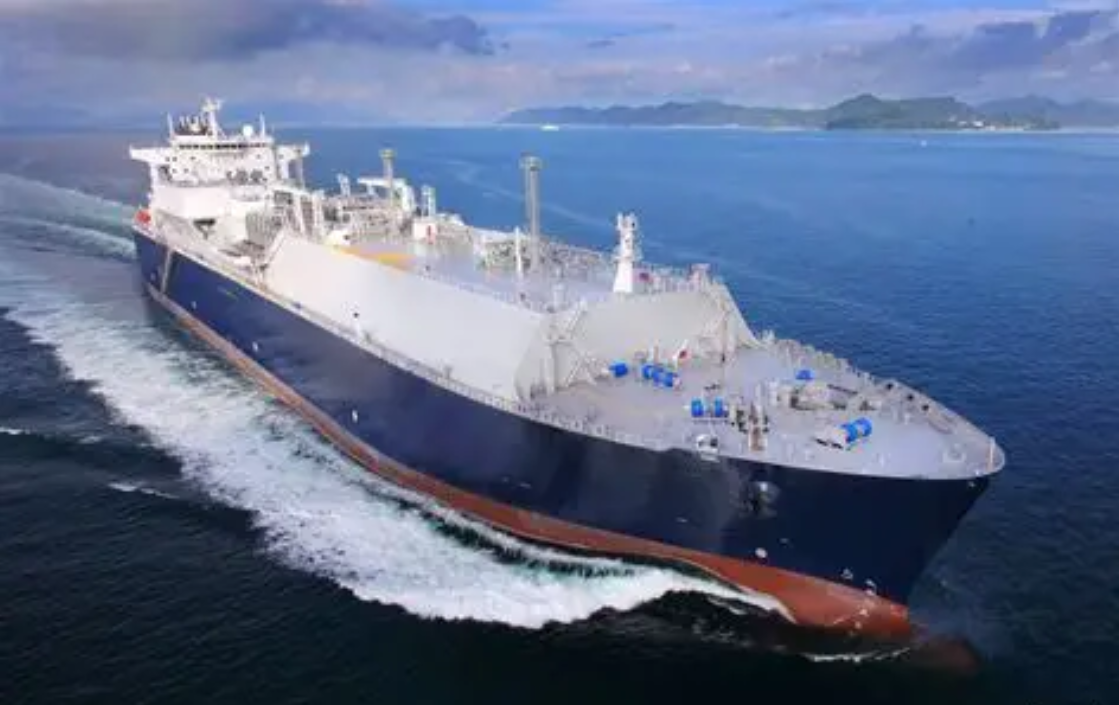Samsung Heavy Industries announced on October 27 that it has successfully delivered South Korea’s first domestically produced liquefied natural gas (LNG) cargo tank (KC-2C) installed on a commercial LNG carrier.

The vessel equipped with KC-2C technology this time is a 7,500 cubic meter commercial LNG carrier. After its delivery this month, the vessel has completed its first LNG transportation mission from Tongyeong to Jeju Aiyue LNG Base.
The KC-2C technology is a domestically developed Korean product created by Samsung Heavy Industries to break free from long-term reliance on foreign LNG cargo tank technology. Compared to existing cargo tanks, this successfully commercialized Korean-made tank significantly enhances gas tightness and stability through improved dual-barrier design and construction methods, while also delivering outstanding thermal insulation performance.
During the construction of domestically produced cargo tanks in South Korea, Samsung Heavy Industries used its independently developed high-speed laser welding robot to significantly improve the efficiency of membrane welding. This type of welding is reportedly considered a highly challenging task in the LNG cargo tank construction process.
A Samsung Heavy Industries official stated: “By localizing core technologies that had long been reliant on foreign companies, we have achieved a major breakthrough in the LNG carrier sector—an area where South Korea leads the global market. Moving forward, we will fully commit to gaining market recognition for the KC-2C liquid cargo tank through the conversion and new construction of 174,000-cubic-meter LNG carriers.”
LNG cargo tank technology, a core technology for LNG carrier construction, has long been monopolized by France’s GTT. For example, South Korean shipbuilders, for each LNG carrier delivered, must pay GTT a royalty of 5% of the vessel’s construction cost, amounting to 10 billion to 20 billion won (approximately $6.96 million to $13.92 million) each.
To break free from GTT’s long-standing monopoly, South Korea has been developing its own LNG cargo tank technology in recent years.In August this year, the South Korean government announced its active support for domestic shipyards to develop indigenous LNG cargo tank technology, with plans to build two vessels utilizing this technology by 2028.


